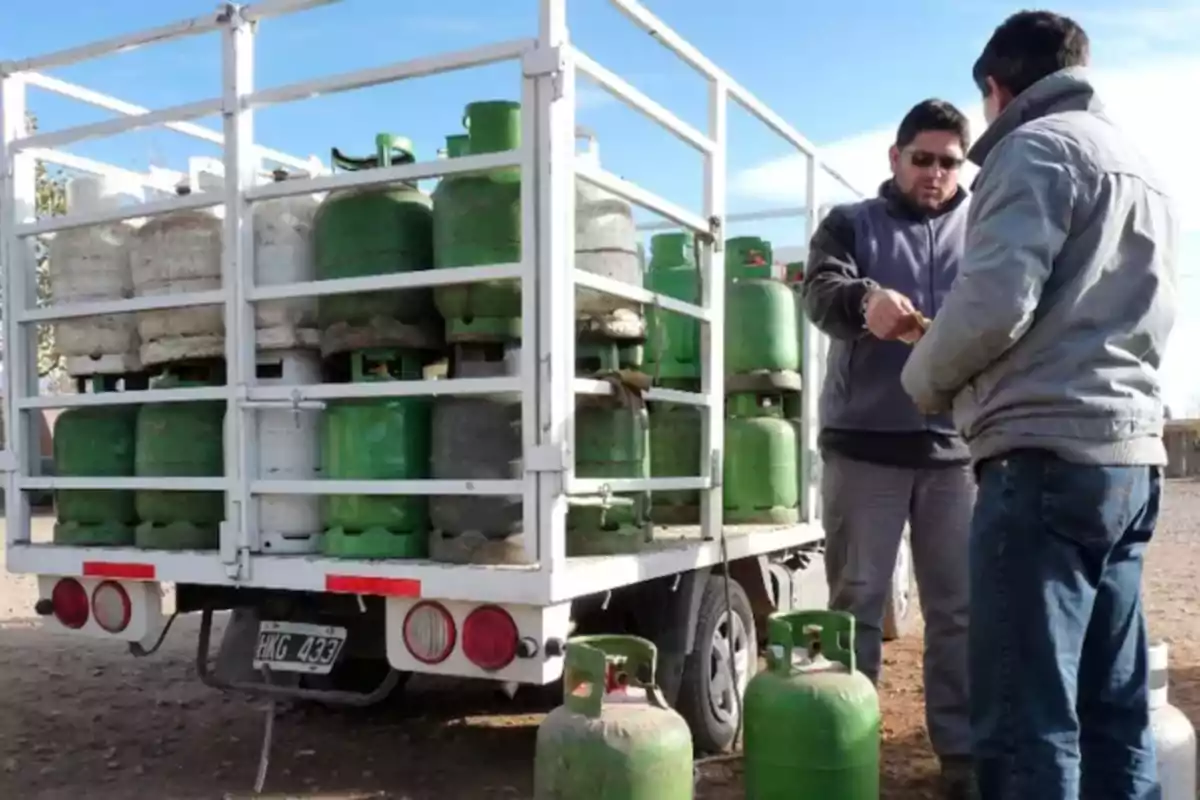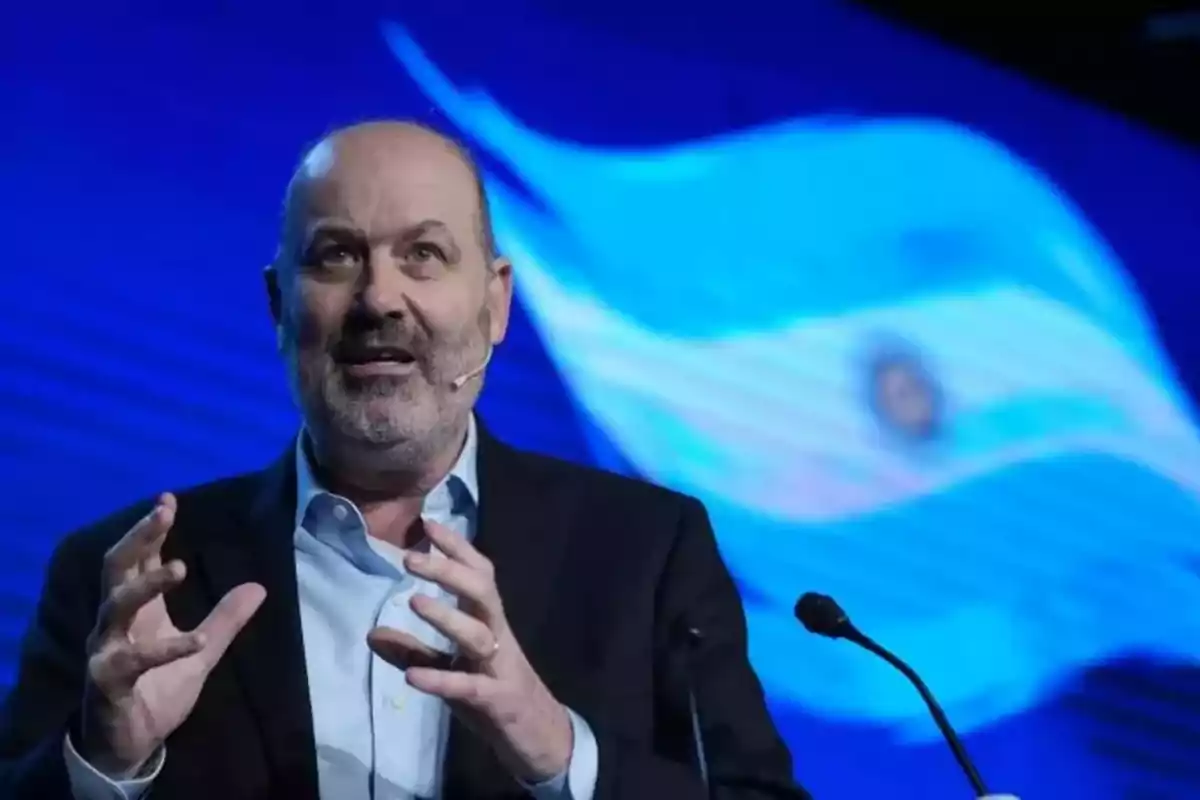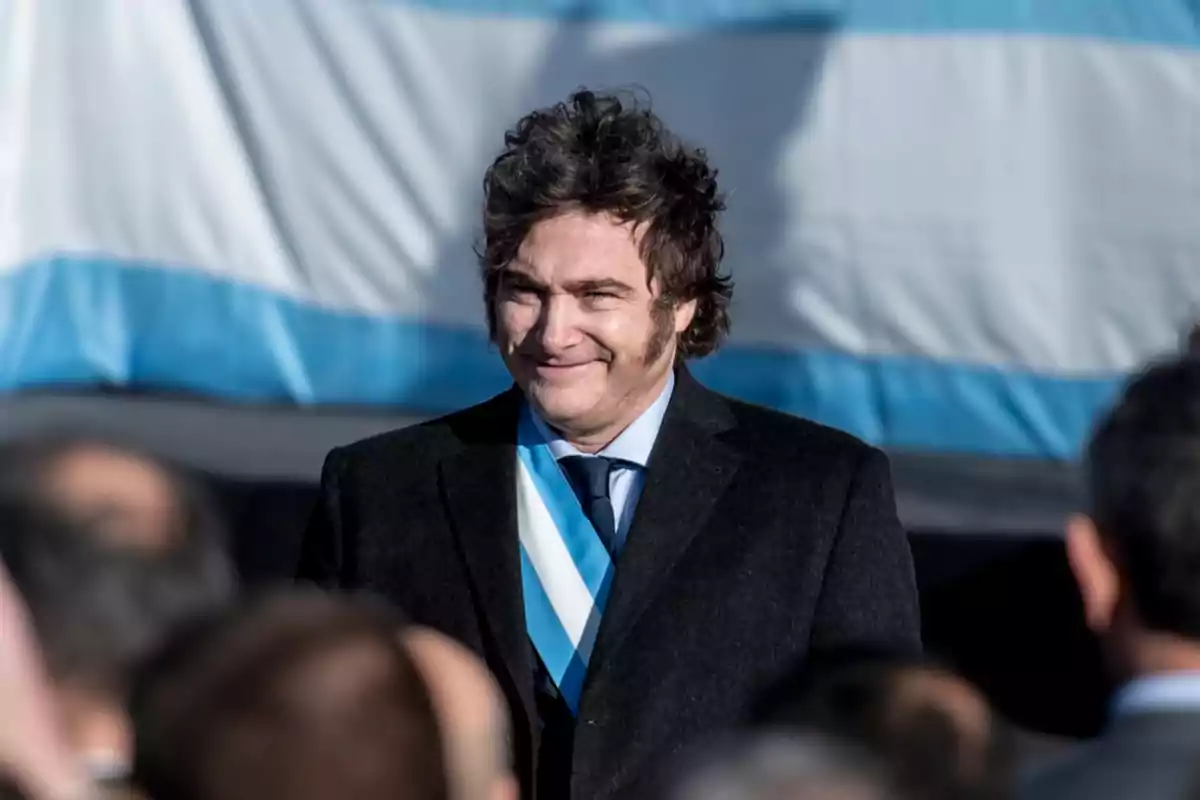
The government freed the price of gas cylinders amid the polar cold wave and gas crisis.
Sturzenegger eliminated price caps and restrictions on LPG to ensure supply and reactivate a paralyzed market
Amid one of the coldest weeks of the year and facing an unprecedented recent energy crisis, the national government, led by Javier Milei, moved decisively into a new stage of deregulation: it eliminated reference prices for Liquefied Petroleum Gas (LPG) cylinders and dismantled bureaucratic obstacles that increased costs and slowed down their distribution. The measure, promoted by the Minister of Deregulation and State Transformation, Federico Sturzenegger, was made official this Thursday through Decree 446/2025 and is part of the ambitious liberalization plan that characterizes the libertarian administration.
"Reference prices are eliminated. Free prices are the best compass for a healthy market,"Sturzenegger posted on his X account, setting the tone for a deep reform aimed at ending a restrictive model in favor of a system that is agile, efficient, and focused on respecting the right to trade freely.

Until now, the Energy Secretariat set guideline values for cylinders—$10,500 for 10 kg (22 pounds), $12,600 for 12 kg (26 pounds), and $15,750 for 15 kg (33 pounds)—with the goal of containing the price for consumers, but also generating distortions that prevented normal supply. These rates, in effect since the end of 2024, included taxes and sought to prevent both tax evasion and informal trade. However, given the growing demand caused by the cold wave and natural gas outages in various provinces, the scheme proved insufficient.
According to the Argentine Chamber of Liquefied Gas Companies (CEGLA), demand for cylinders increased by 30% compared to the same period last year. "The situation became critical in many cities in the interior with gas outages, frozen pipelines, and restrictions in industries," the organization stated, celebrating the reform and emphasizing that companies are operating at maximum capacity to supply both residential users and industries, businesses, and agriculture in areas not connected to the network.
The decree also eliminated the requirement to obtain prior permits to operate as an LPG bottler, distributor, or marketer. From now on, it is only required to meet safety requirements and submit the corresponding documentation, which will be evaluated within a maximum period of ten days. "The old system of discretionary authorizations is replaced by one that presumes legality and trusts the private actor," Sturzenegger stated.
Meanwhile, the Emergency Executive Committee—made up of officials and companies in the sector—decided to extend restrictions on the supply of CNG and large industrial users for at least another 24 hours. The Energy Secretariat confirmed that the priority is to preserve residential supply. The cold wave forced the Executive to make urgent decisions to stabilize the system and prevent the collapse of the main natural gas transportation network.

The new regulatory framework also introduced innovations in Exchange Centers. Until now, companies were required to accept containers from other brands at specific points. That rule remains, but now each company is allowed to agree on more efficient mechanisms for exchange, in line with the logic of free and fair competition promoted by the Milei administration.
Internationally, the decree eliminated restrictions on foreign trade of LPG. From now on, both imports and exports of the product are allowed without additional obstacles, leaving behind a system that empowered the State to halt operations if alleged origin subsidies were detected. With this opening, the aim is to expand supply, encourage competition, and protect consumers' wallets through efficiency.
The 2022 national census revealed that 46.3% of Argentine households use cylinders as their main energy source. In this context, bottled gas becomes not only an essential good during winter, but also a symbol of the new state logic: fewer controls, more freedom, and concrete responses in the face of urgency.
More posts: